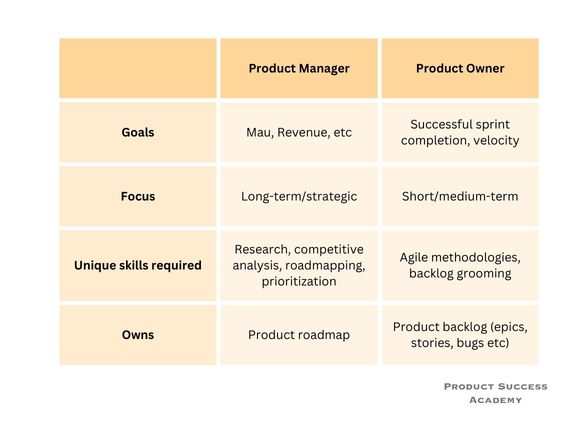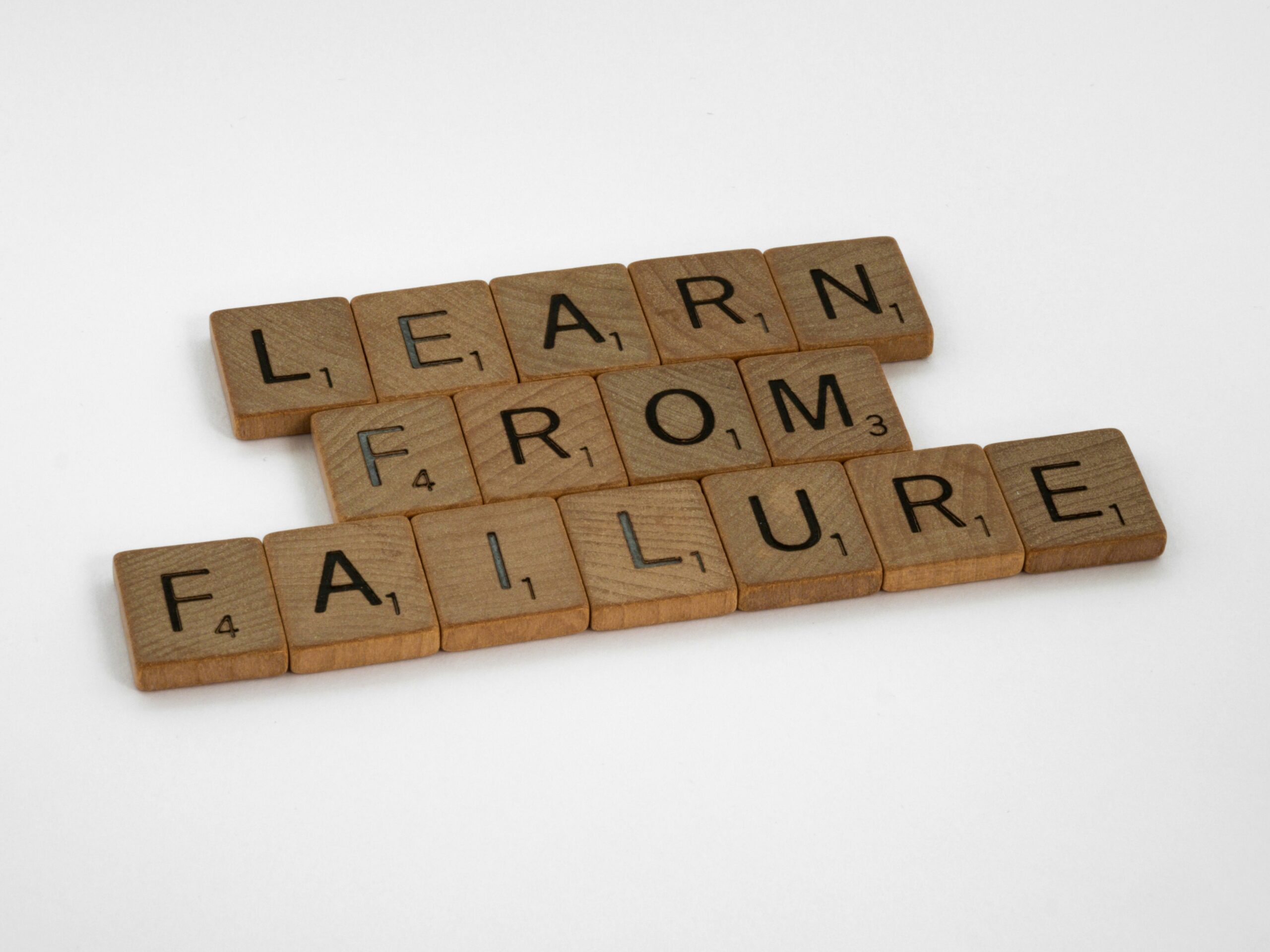The field of Product Management is growing. Studies have shown that the expected growth in terms of the number of job postings could be anywhere from 10%-30% annually1, which means if you are looking to break into the industry, now is as good a time as ever.
Tech companies, or really, any company that has some sort of digital offering (which in this day and age, is most companies), need skilled Product professionals to lead their digital products. However, who should they hire? A Product Manager or a Product Owner? And if you’re looking to break into this industry, which of these roles is right for you?
The roles are very similar, but they have some key differences that set them apart.
Key Differences between Product Owners & Product Managers
The term “Product Owner” actually comes from the Scrum framework, which in essence, is a methodology for the delivery of software products. This means that the role by definition, is focussed on delivery. Product Owners monitor things like the velocity of the development team, focus on user story writing & estimation and are responsible for the Product Backlog. Product Owners are often the ones taking customer complaints, and turning them into user stories or bugs, and are generally inwardly focussed and work in tandem with the Development team.
A Product Manager’s focus is broader, in the sense that they are responsible for the business’s goals. A Product Manager is responsible for metrics like churn rate, revenue or conversation rate. A Product Manager leads go-to-market strategy, and undertakes competitive analyses, market research and shapes the product vision.
While both need to be effective at leadership and communication, the day to day of each role is slightly different. A Product Owner’s work day would involve things like leading the daily scrum, clarifying user stories for developers, collaborating with the QA on testing, writing new user stories and grooming the backlog. On the other hand, the work day of a Product Manager would involve things like collaborating with the Marketing team on the Product’s go-to-market strategy, meeting with CEO and other senior leaders to talk abt next quarter’s roadmap, analyzing competitors or forecasting for the upcoming year.
In a nutshell, in a company where both roles exist, the Product Manager would own the overall Product strategy, while the Product Owner facilitates the development team to build product increments that achieve that product strategy.

Should my company hire a Product Manager or a Product Owner? Or both?
Not all company’s hire for both roles however. In some companies, one person does all of the above and in those company’s, that person is normally called a Product Manager. Whether a company hires for both roles, or only one of the two depends on the particular needs of that company. From my experience, the companies that hire for both roles tend to be large corporations, specifically in industries that have a lot of rules and regulations, like banking, insurance or healthcare. These company’s not only have to operate in an environment with lots of regulation, they also may have a very large tech stack, which would then require a Product Owner with in-depth knowledge of a particular product or technical area in order to do their job effectively.
In E-Commerce companies on the other hand, certain responsibilities like growing revenue from a particular category or brand of products is given to employees in Merchandising teams or are the domain of Brand/Category Managers. This leaves the Product Manager with a little more time and breathing space, to gain in-depth technical knowledge of the Product, leaving little need for a specialized Product Owner. This doesn’t mean though that the Product Manager does not assume any responsibility for business goals like revenue in these companies. However, the Product Manager will seek to improve those metrics indirectly, via improving metrics like conversion rate or click-through rate.
Which role is right for me?

In my career, I’ve done the traditional Product Owner role, where I worked alongside a business focussed Product Manager, and I’ve also done the sole Product Manager role, where I had both the responsibility of owning the business goals and also leading the development team. I’ve enjoyed both those types of roles and was able to learn different skills in each. My time as a Product Owner, made me a better Product Manager and vice versa. What’s right for you, really depends on what your career goals are, what skills you want to develop and what you would enjoy more in your day to day, however if you enjoy working collaboratively, and have a general skill and desire to be a problem-solver, either role could prove to be an enriching experience for you.




